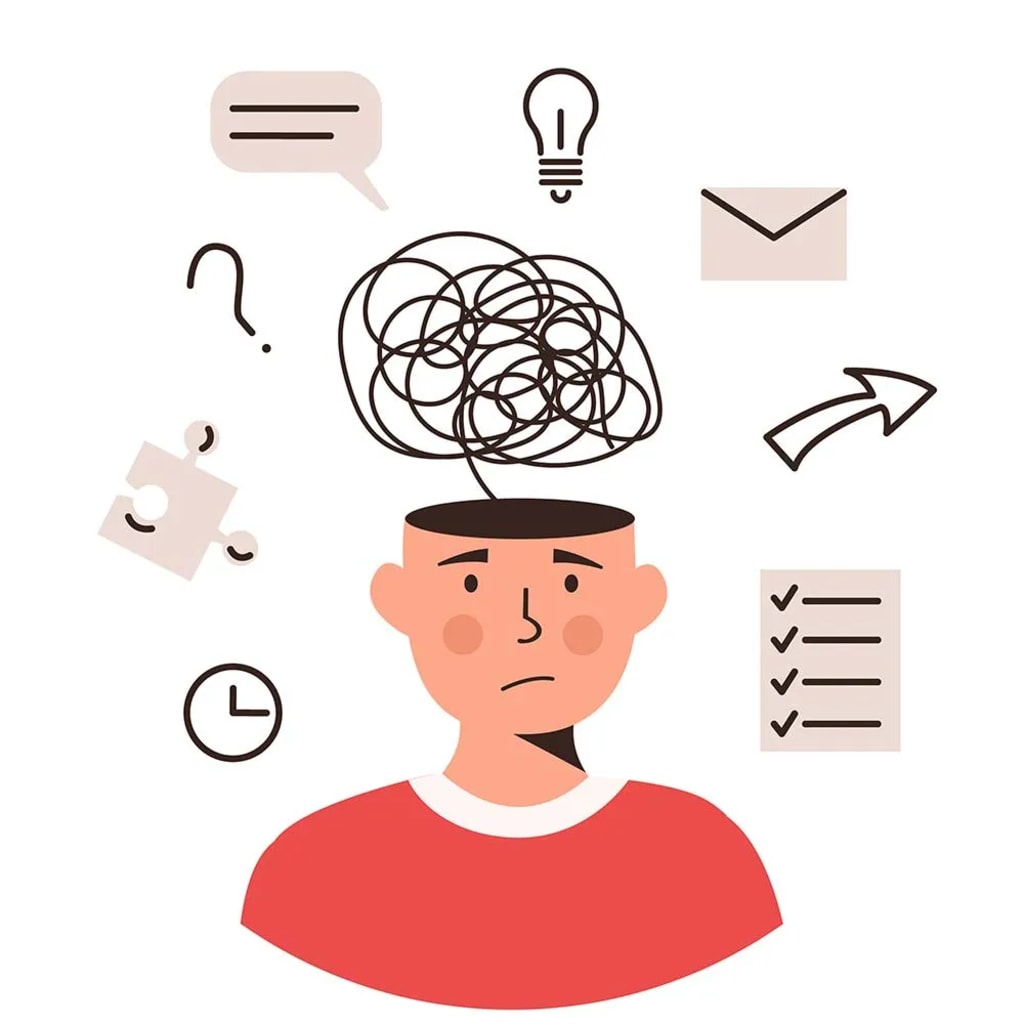4 Ways to Handle Stress with Adult ADHD
4 Ways to Handle Stress with Adult ADHD

Living with adult ADHD can be overwhelming at times. In addition to managing the symptoms of the disorder, people with ADHD often experience higher levels of stress and anxiety than the general population. Fortunately, there are many strategies that can help adults with ADHD manage stress and lead fulfilling lives. In this article, we will explore four ways to handle stress and ADHD.
Create a structured routine
One of the biggest challenges for adults with ADHD is maintaining a consistent routine. This can be especially difficult when it comes to work, household chores, and personal responsibilities. However, having a structured routine can help reduce stress and anxiety. When you have a routine, you know what to expect, and you are less likely to feel overwhelmed by unexpected tasks.
Creating a routine can be a simple process. Start by identifying your priorities, such as work or school, and then allocate specific times for each activity. For example, you might schedule work from 9 a.m. to 12 p.m., exercise from 12:30 p.m. to 1:30 p.m., and household chores from 2 p.m. to 3 p.m. Be sure to include breaks in your routine to allow for downtime and relaxation.
One of the benefits of creating a routine is that it helps you develop good habits. For example, if you schedule exercise every day at the same time, it becomes easier to stick to your workout routine. Over time, these habits become automatic, and you are less likely to forget or procrastinate on important tasks.
Practice Mindfulness
Mindfulness is a technique that involves paying attention to the present moment without judgment. It can help reduce stress and anxiety by promoting relaxation and improving focus. Mindfulness can also help people with ADHD manage their symptoms by increasing self-awareness and reducing impulsivity.
To practice mindfulness, find a quiet place where you can sit comfortably. Close your eyes and focus on your breath, feeling the sensation of air moving in and out of your body. If your mind wanders, gently redirect your attention back to your breath. You can also try counting your breaths or repeating a mantra to help focus your attention.
Mindfulness can be practiced anywhere and at any time. You can try incorporating mindfulness into your daily routine by taking a few minutes to focus on your breath before starting a task, or by taking a mindful walk during your lunch break. With regular practice, mindfulness can become a powerful tool for managing stress and improving overall well-being.
Stay organized
Disorganization is a common problem for people with ADHD, and it can contribute to stress and anxiety. However, there are many tools and strategies that can help you stay organized and reduce stress.
One simple strategy is to keep a to-do list. Write down all the tasks you need to complete, and then prioritize them based on importance and deadline. You can also use a planner or calendar to keep track of appointments, meetings, and other events.
Another helpful tool is to create a designated space for important items, such as keys, wallets, and cell phones. This can help reduce the stress of misplacing important items and save time searching for them later.
Staying organized also means minimizing distractions. For example, if you are working on an important task, turn off your phone or email notifications to avoid interruptions. You can also try using noise-cancelling headphones or working in a quiet space to reduce external distractions.
Seek support
Managing stress with ADHD can be challenging, but you don't have to do it alone. Seeking support from friends, family, or a mental health professional can be a valuable resource for managing stress and improving overall well-being.
Talking to others about your experiences can help reduce feelings of isolation and improve self-esteem. You can also try joining a support group for people with ADHD or participating in
therapy to work on developing coping strategies and managing symptoms.
In addition to seeking emotional support, it's important to have practical support as well. For example, you might ask a friend or family member to help you with household chores or errands when you feel overwhelmed. You can also consider hiring a professional organizer or personal assistant to help with tasks that are difficult to manage on your own.





Comments
There are no comments for this story
Be the first to respond and start the conversation.